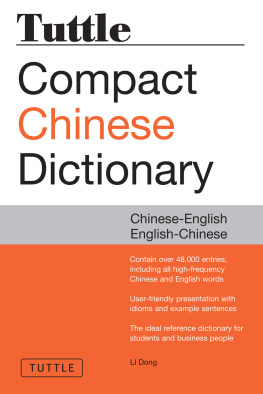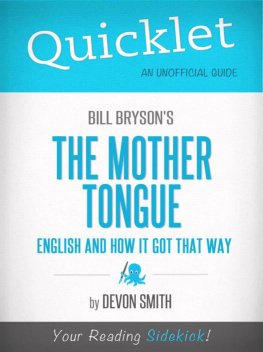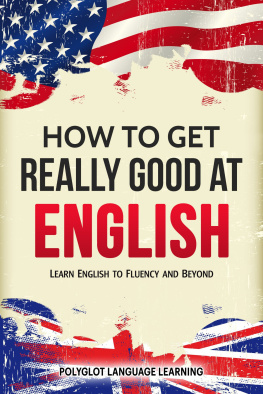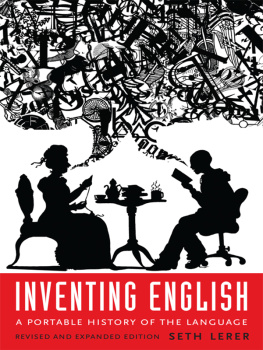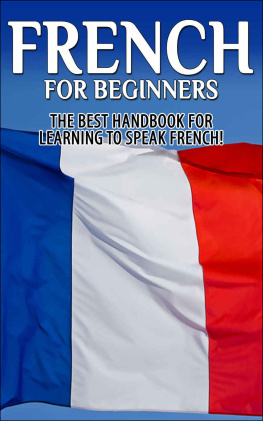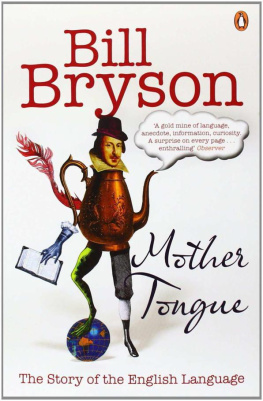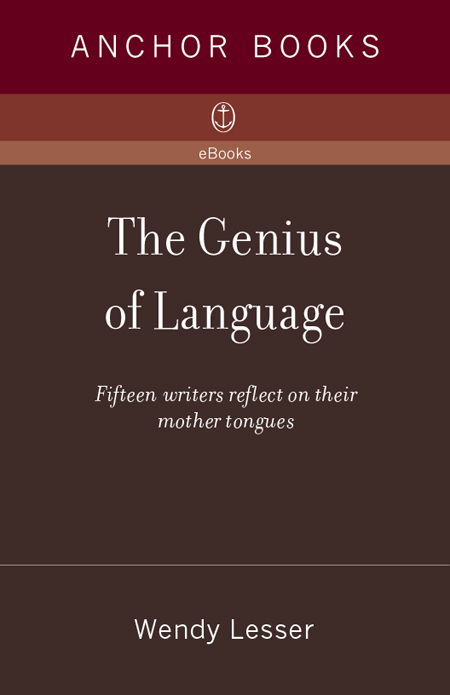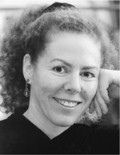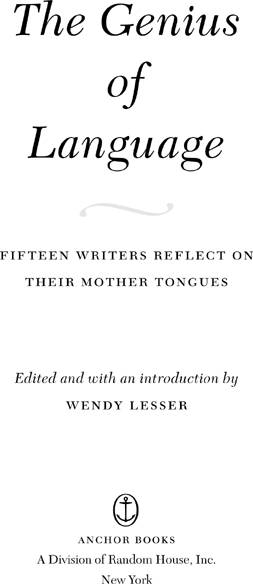Lesser - The Genius of Language: Fifteen Writers Reflect on Their Mother Tongue
Here you can read online Lesser - The Genius of Language: Fifteen Writers Reflect on Their Mother Tongue full text of the book (entire story) in english for free. Download pdf and epub, get meaning, cover and reviews about this ebook. year: 2004, publisher: Knopf Doubleday Publishing Group, genre: Home and family. Description of the work, (preface) as well as reviews are available. Best literature library LitArk.com created for fans of good reading and offers a wide selection of genres:
Romance novel
Science fiction
Adventure
Detective
Science
History
Home and family
Prose
Art
Politics
Computer
Non-fiction
Religion
Business
Children
Humor
Choose a favorite category and find really read worthwhile books. Enjoy immersion in the world of imagination, feel the emotions of the characters or learn something new for yourself, make an fascinating discovery.

- Book:The Genius of Language: Fifteen Writers Reflect on Their Mother Tongue
- Author:
- Publisher:Knopf Doubleday Publishing Group
- Genre:
- Year:2004
- Rating:3 / 5
- Favourites:Add to favourites
- Your mark:
The Genius of Language: Fifteen Writers Reflect on Their Mother Tongue: summary, description and annotation
We offer to read an annotation, description, summary or preface (depends on what the author of the book "The Genius of Language: Fifteen Writers Reflect on Their Mother Tongue" wrote himself). If you haven't found the necessary information about the book — write in the comments, we will try to find it.
Fifteen outstanding writers answered editor Wendy Lessers call for original essays on the subject of language--the one they grew up with, and the English in which they write.Despite American assumptions about polite Chinese discourse, Amy Tan believes that there was nothing discreet about the Chinese language with which she grew up. Leonard Michaels spoke only Yiddish until he was five, and still found its traces in his English language writing. Belgian-born Luc Sante loved his French Tintin and his Sartre, but only in English could he find words of one syllable that evoke American bars and bus stops. And although Louis Begley writes novels in English and addresses family members in Polish, he still speaks French with his wife--the language of their courtship. As intimate as ones dreams, as private as a secret identity, these essays examine and reveal the writers pride, pain, and pleasure in learning a new tongue, revisiting an old one, and reconciling the joys and...
Lesser: author's other books
Who wrote The Genius of Language: Fifteen Writers Reflect on Their Mother Tongue? Find out the surname, the name of the author of the book and a list of all author's works by series.

